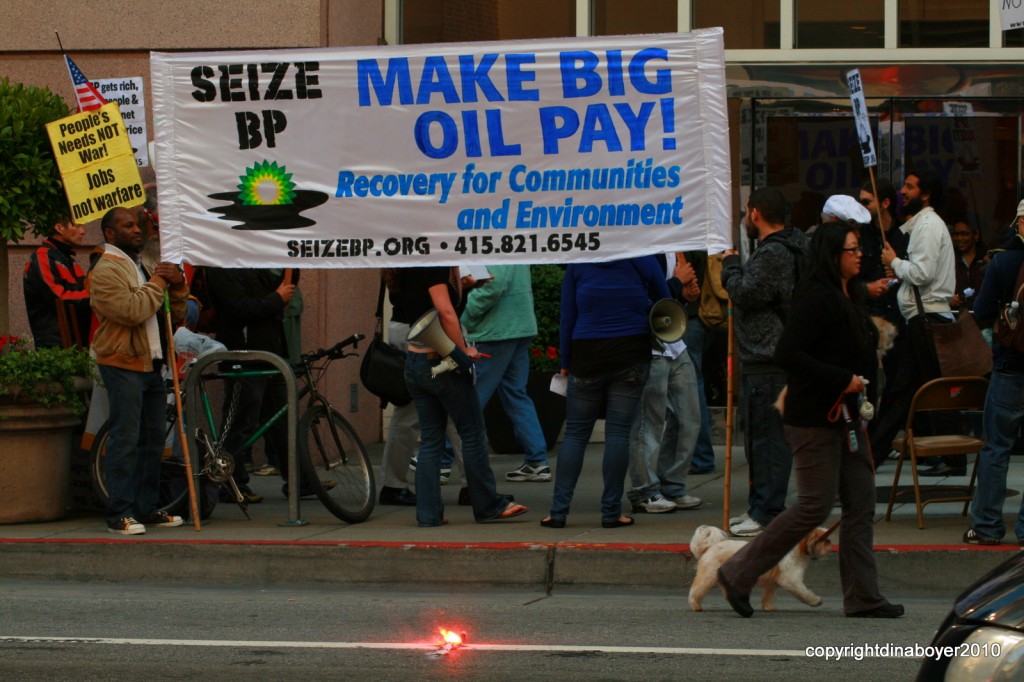This post is written in response to a fellow financial blogger who argues that
“(Pro athletes) are all overpaid in my view… they should be paid for performance… $100K base salary… if you play well, you make more. Play bad, and we take money from you.”
She (I’m assuming it’s a lady. I hope it’s a lady) isn’t the first person to take this position, nor the first to put standard English usage through a cheese grater, just the most recent.
Jim Irsay, who owns the Indianapolis Colts, pays Peyton Manning $14 million annually. For that, Irsay gets about as indestructible a force as there is in pro football, the linchpin of an offense that’s a threat to go to the Super Bowl every year. Before Manning got to town, the Colts were the laughingstock of the league and the franchise value nowhere near what it is now.
Irsay didn’t remain rich enough to own a football team by overpaying people. If having Manning around is worth $14 million to Manning, you can be sure it’s worth more than that to Irsay.
Here at Control Your Cash, we neither idolize Manning nor disdain him (same goes for any pro athlete.) But what good would result from paying him a base salary of <1% of what he commands on the market? Would the author have the remaining 31 NFL owners collude and refuse to pay any more than that to an athlete who could enrich their teams by tens of millions of dollars?
Begrudging athletes their salaries is nothing more than jealousy – the same activities we grew up doing for fun, these people worked so hard to get proficient at that they can command lots of money. Meanwhile, I’m punching a clock, getting yelled at by the boss and trying to figure out how to pay the mortgage. It’s so unfair.
Even years after high school is over, the star quarterback still receives a mixture of adulation and envy. Besides, how do you “pay for performance”, anyway? Say you tie LeBron James’ salary to his scoring and rebounding averages. In other words, you’d encourage him to shoot every time he touches the ball, even when the game situation calls for him to pass: or you’re giving him incentive to always play close to the basket, rather than ever defend someone on the perimeter. And yes, let’s put a coach in a position where he can draw up plays that have a direct negative financial impact on certain players. That won’t cause any resentment.
So, you argue, pay athletes for winning. Then how do you determine how much of each victory each player is responsible for? Should a player who works so hard in a game that he injures himself risk further injury by coming back earlier than he should, just so he can get paid more? Maybe you could just trust that the majority of pro sports owners know what they’re doing. And the few stupid ones (like the guy in Minnesota who just signed Darko Milicic for $20 million) are engaging in an exchange that doesn’t affect you or me in any direct way.
Instead, take this as a lesson: for the most part, how much an employee gets paid correlates to how much he’s helping his boss get paid. The salesman is the standard example, because sales is so easily quantified: bring $x to the company, keep $yx for yourself where y is a number between 0 and 1 (a lot closer to 0.)
Do you want more money? Let’s do a flowchart:
If you’re salaried, it’s a little more convoluted. Sometimes it’s a case of determining how much it would cost the company to not have you around. Even a receptionist or a custodian provides some value, in that respect. (If either of those happen to be what you do for a living, don’t let anyone tell you that it’s a “non-revenue” position. Ask how much revenue your company would be amassing if the grounds were filthy and the phones unanswered.)
If you’re a cubicle toad, it can be harder still. Your humble blogger used to work as a $45,000/year advertising copywriter. For this, the ad agency got:
-550 collateral pieces (or as normal people call them, “junk mail and flyers”)
-887 headlines
-223 radio commercials
-34 television commercials
-11 long-form presentation pieces
In other words, the agency was getting the biggest deal since the guy who bought Manhattan from Peter Minuit*. That work output was what about 2.2 ordinary writers could have done in the same period. An ordinary writer got paid around $40,000 (if you want to find out these things, it helps to make friends with the girls in the accounting department.) So in return for the $5,000 “surplus”, said writer was leaving an additional $43,000 on the table.
The agency billed its clients over $25 million that year. $45,000 was hardly a fair representation of a prodigious writer’s value. It was more fair than paying Peyton Manning “$100,000 base salary” would be, but not by much.
The point of all this? Know your worth. 99.something% of salaried employees don’t. Your employer knows exactly how expendable (or valuable) you are. If it’s the former, you’re about to get fired. If it’s the latter, he’s in no rush to share the details of that information with you.
And if you’re in business for yourself, you get to transcend this entire stupid charade.
*Minuit got the island for $24, we all know that. But his heirs don’t own it today, right? He must have unloaded it at some point.







